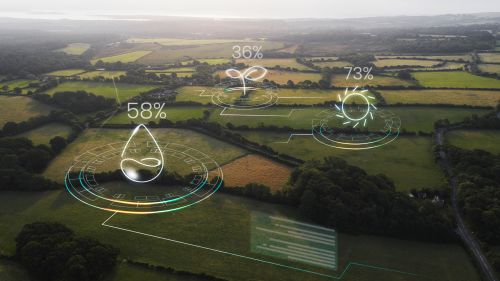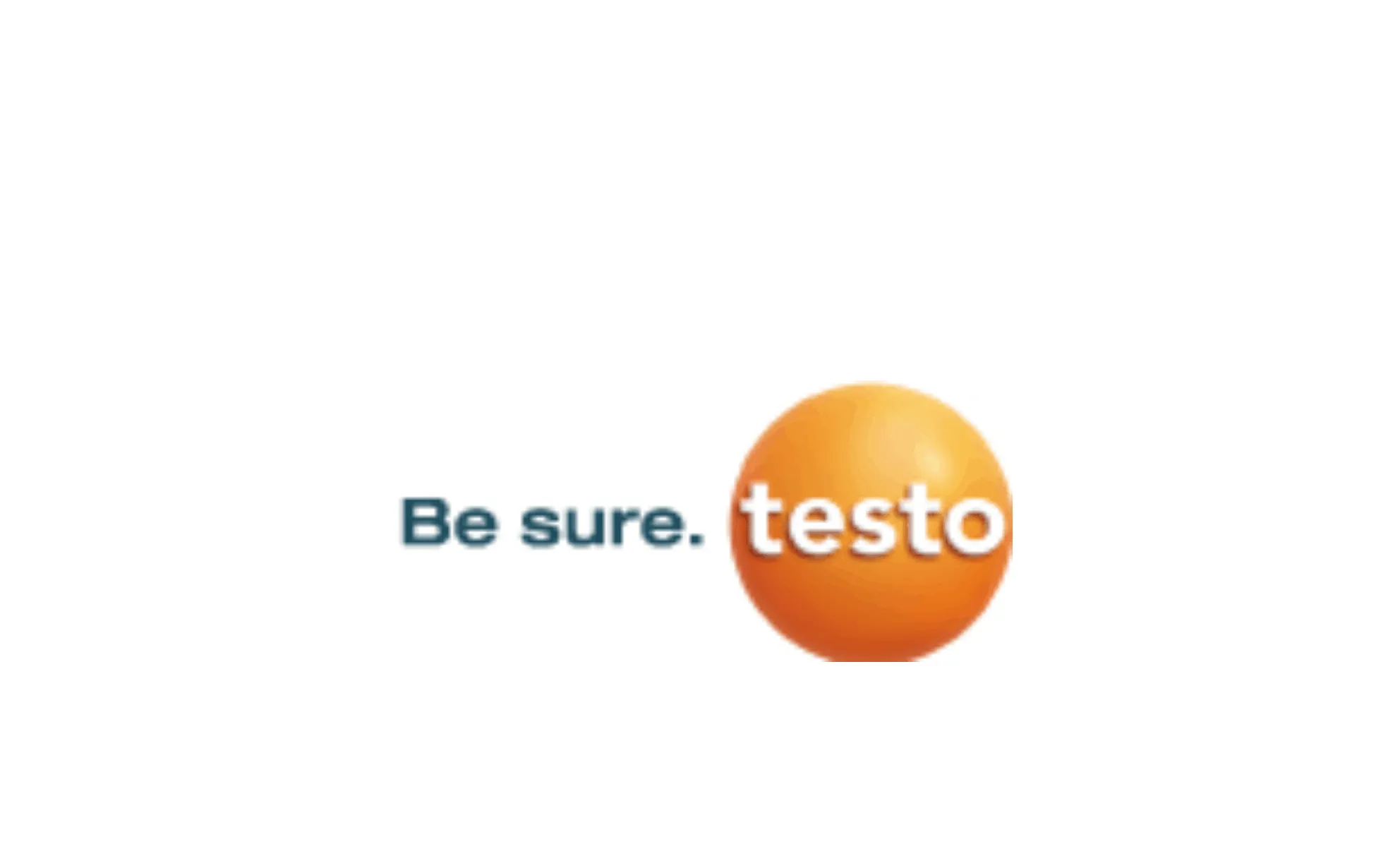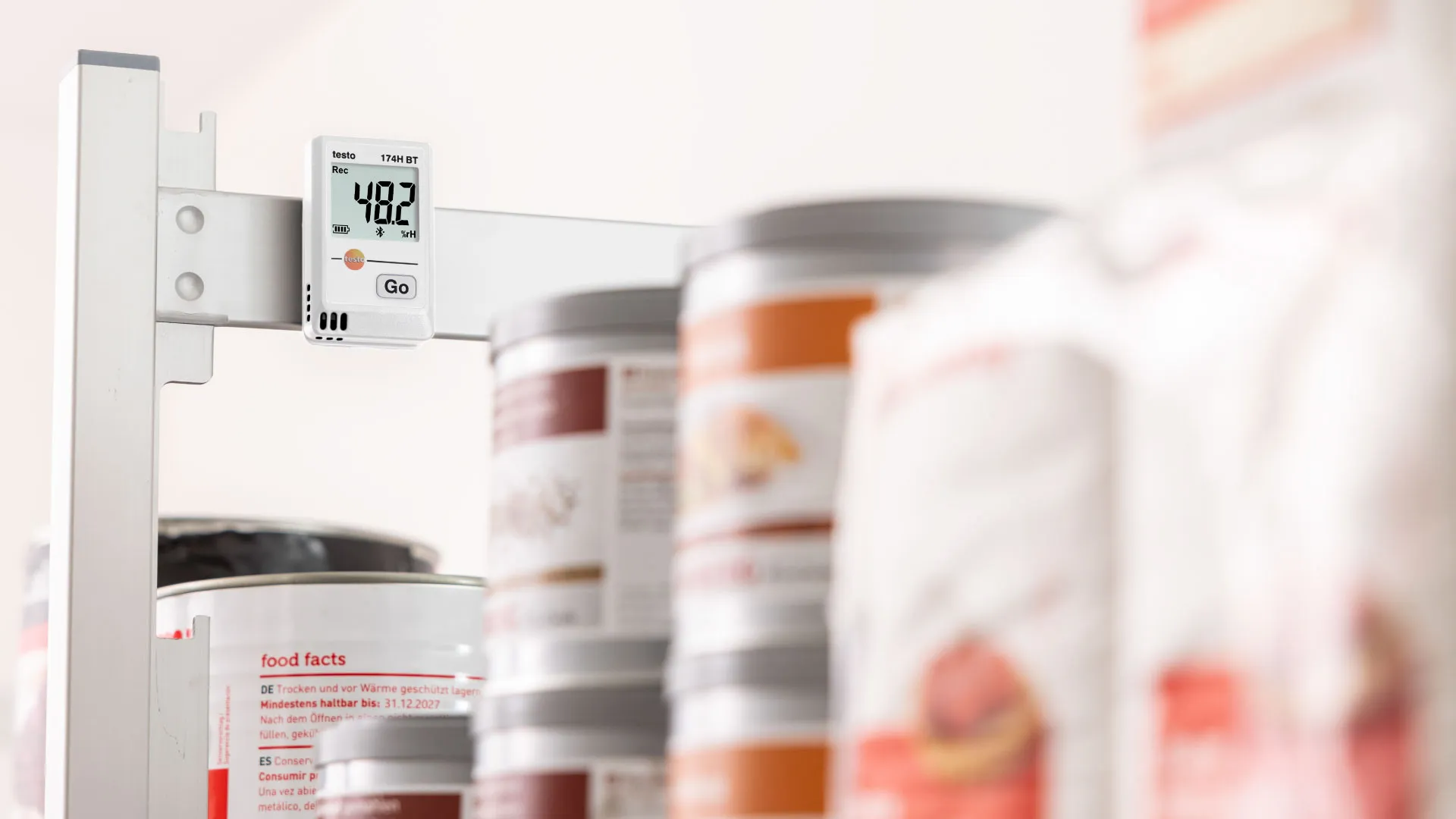589

The food industry is one of the most energy-intensive sectors in the European economy, and the pressure on operational costs is pushing processors to adopt energy-efficiency technologies as a strategic tool, not just a mandatory one. According to the International Energy Agency (IEA), heating, cooling, and thermal handling processes account for more than 60% of total energy consumption in the food industry, which explains the growing interest in high-efficiency equipment and automated control systems.
The European Commission states in its 2024 report on energy efficiency that the implementation of modern technologies – heat recovery units, variable-speed compressors, advanced refrigeration systems, and industrial LED lighting – can reduce total consumption by 15–25%, and in some subsectors, such as dairy and meat processing, savings can exceed 30%. At the same time, European directives on energy performance require consumption monitoring at equipment level, compelling processing units to digitalize their workflows.
Eurostat data (2024) confirm that industrial energy prices have increased by more than 29% compared to the average of the last five years, intensifying pressure on processor margins. This evolution is driving more companies to adopt high-efficiency cogeneration solutions, which allow for the simultaneous production of electricity and heat. IEA estimates that these systems reduce energy losses by up to 40%, making them an increasingly common option in modern food production facilities.
OECD highlights that investments in energy efficiency have an average payback period of 3–6 years, depending on facility size and level of automation. For small and medium-sized processors, access to financing remains essential, and European programs dedicated to the green transition include specific measures for reducing industrial energy consumption.
In Romania, processors in the food sector are gradually aligning with these requirements by modernizing refrigeration equipment, installing photovoltaic panels, and adopting consumption monitoring systems. The Ministry of Agriculture and Rural Development (MADR) and the Ministry of Energy include such investments in national support schemes, and interest in energy-efficiency projects is growing.
Reducing energy consumption is no longer just a compliance objective, but a direct competitive criterion. In a market where costs are rising rapidly and European legislation is becoming increasingly strict, energy efficiency is becoming a central element for the viability of the food industry in 2025.
(Photo: Freepik)





